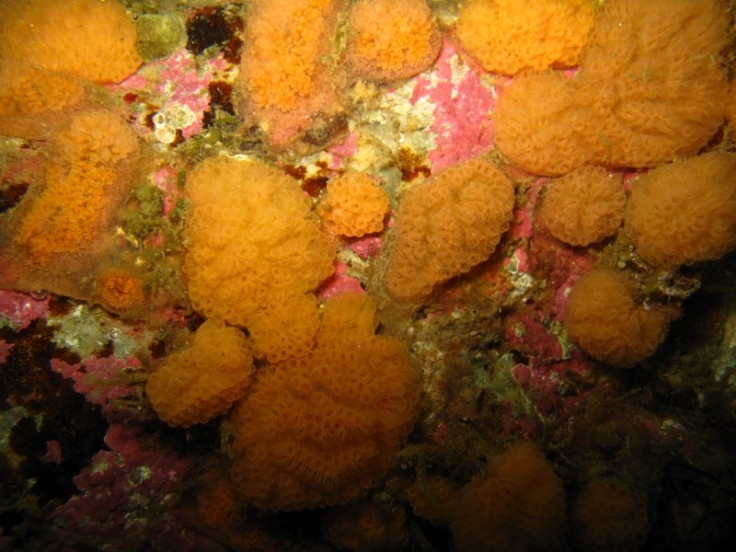Aberdeen Scientists Trawl Arctic Seabed for Antibiotics as World Faces 'Apocalypse'

The desperate search for new life-saving antibiotics has reached new lows, as scientists dredge the Arctic and Antarctic seabed to try to find new medications.
Dame Sally Davies, England's chief medical officer, recently warned that the world is facing an "apocalyptic scenario" as we are fast running out of antibiotics.
The over-use and reliance on antibiotics has meant that many diseases are now resistant to them.
Davies said the risk of running out of antibiotics is imminent and urgent action must be taken.
"I would like to live to see if climate change is as serious as we fear," she said - hinting that without drastic measures, humanity might perish before she gets the chance.
Meanwhile, scientists from the University of Aberdeen are hunting for new medications in some of the deepest and coldest places on hearth.
The team plans to probe previously untapped oceanic trenches to collect mud and sediment samples in the hope that they will uncover new bacteria that could produce novel antibiotics.
Marcel Jaspars, project leader and professor of chemistry at the University, said: "If nothing's done to combat this problem we're going to be back to a 'pre-antibiotic-era' in around 10 or 20 years, where bugs and infections that are currently quite simple to treat could be fatal.
"There hasn't been a completely new antibiotic registered since 2003. This is partially because of a lack of interest by drugs companies as antibiotics are not particularly profitable.
"The average person uses an antibiotic for only for a few weeks and the drug itself only has around a five to ten year lifespan - so the firms don't see much return on their investment."
New drugs within 10 years
Jaspars and his team on the PharmaSea project plan to delve eight kilometres below sea level in the search for new treatments.
Camilla Esguerran, project coordinator from the University of Leuven in Belgium, explained: "With our broad platform of cutting-edge experiments to detect drug-like activity, we'll be testing many unique chemical compounds from these marine samples that have literally never seen the light of day.
"We're quite hopeful that we'll find a number of exciting new drug leads."
The areas being studied are of high interest because organisms living in them are able to survive in extreme conditions.
The project has been backed by an £8 million EU funding grant and brings together 24 partners from 14 countries.
If the team is successful, the project could result in new antibiotics being produced within a decade.
Jaspars said: "I am delighted to be leading a team of experts from all over the world to discover the next generation of antibiotics, working in totally new ways.
"We have considered every step of the discovery process and will strive to make it more efficient to accelerate the production of drugs to treat multiply resistant bacteria."
© Copyright IBTimes 2025. All rights reserved.






















